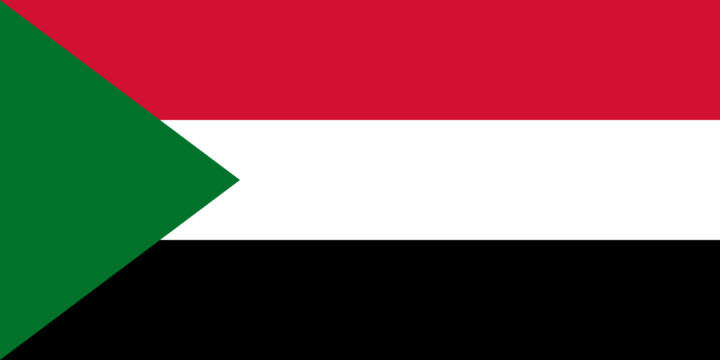Support for the Treaty on the Prohibition of Nuclear Weapons continues to grow, with Sudan becoming the 82nd nation to sign the landmark agreement on 22 July. Its signature follows ratifications earlier this month by Fiji and Botswana. Only 10 more ratifications are needed to reach the threshold of 50 ratifications to enable the treaty’s entry into force.
Sudan’s permanent representative to the United Nations, Amb. Omer Mohamed Ahmed Siddig, signed the treaty on behalf of his country following a decision by UN officials to begin easing restrictions related to COVID-19 at the UN headquarters in New York. Sudan will now initiate its domestic process to ratify the treaty and become a state party.
Great news: Sudan just signed the UN Treaty on the Prohibition of Nuclear Weapons. This means that we now have 82 countries taking a stand against #nuclearweapons and ready to eliminate them once and for all! Congratulations, Sudan @MofaSudan ? #nuclearban pic.twitter.com/7guWozJSNJ
— ICAN (@nuclearban) July 22, 2020
Sudan helped negotiate the nuclear weapon ban treaty in 2017 and was among 122 nations that voted to adopt the final text. The treaty categorically outlaws nuclear weapons and establishes a legal framework for the elimination of existing stockpiles. It also mandates assistance to victims of the use and testing of nuclear weapons.
ICAN is urging nations that have not yet signed or ratified the treaty to do so on 6 August, the 75th anniversary of the US atomic bombing of Hiroshima. In taking this meaningful step towards disarmament, governments can pay tribute to the victims and survivors of that horrific attack and the attack on Nagasaki three days later.
Last week, the African Commission on Nuclear Energy issued a statement calling upon all African states to support the entry into force of the nuclear weapon ban treaty. It said that the treaty “advances international law in nuclear disarmament and is consistent with the goals of the Treaty of Pelindaba” – a regional pact establishing Africa as a nuclear-weapon-free zone.










